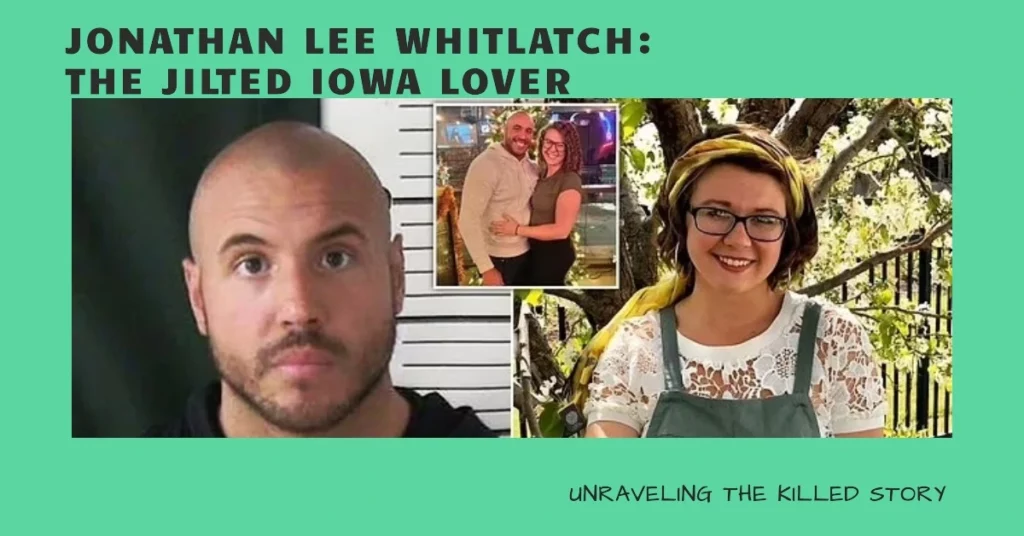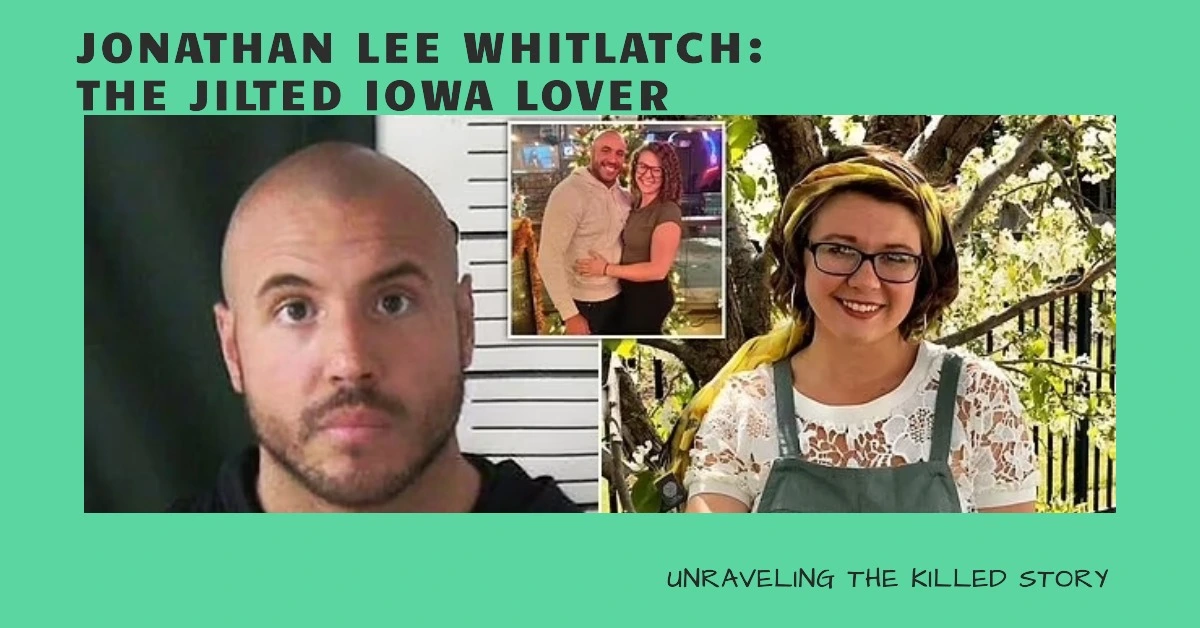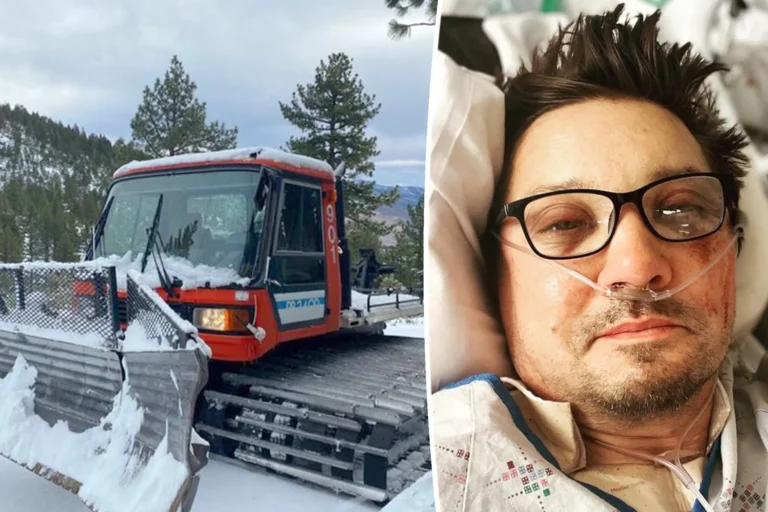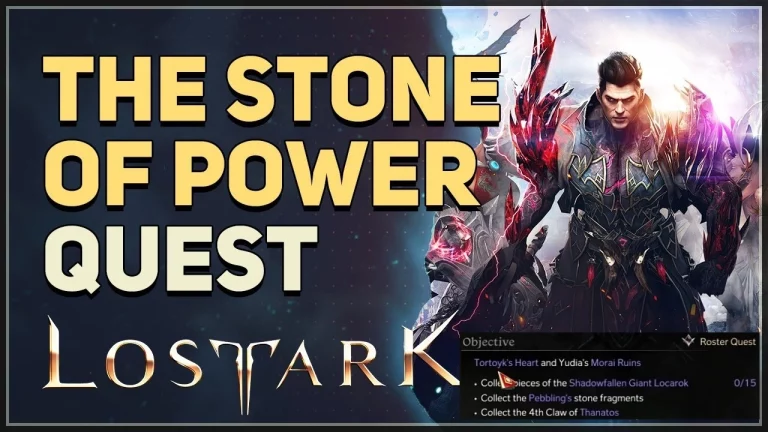Who is Jonathan Lee Whitlatch Jilted Iowa Lover? Unveiling the Story!
In a heart-wrenching incident that shook Iowa, Jonathan Lee Whitlatch, a jilted lover from Iowa, tragically transformed personal despair into public horror. This blog post delves into who Jonathan Lee Whitlatch was and the circumstances leading to the fateful day outside Cornerstone Church in Ames, where he fatally shot Eden Mariah Montang and Vivian Renee Flores before ending his own life. The incident, a blend of personal turmoil and public violence, raises profound questions about relationships, mental health, and societal safety.
Who Was Jonathan Lee Whitlatch?
Born and raised near Des Moines, Iowa, Jonathan Lee Whitlatch’s life story is a complex tapestry of personal struggles and legal entanglements. His relationship with Eden Mariah Montang, a fellow student at Iowa State University, was marked by passion and turmoil. The relationship’s breakdown seemingly triggered a downward spiral for Whitlatch, culminating in a tragic act of violence. His background, marred by incidents of domestic violence and impersonation as a public official, paints a picture of a troubled individual grappling with deep-seated issues.
The Tragic Incident: Detailed Account
On a fateful day in Ames, Iowa, Jonathan Lee Whitlatch, a jilted lover, committed an act of violence that stunned the community. The incident unfolded in the parking lot outside Cornerstone Church, usually associated with peace and sanctuary. Whitlatch, armed and driven by personal anguish, fatally shot Eden Mariah Montang and Vivian Renee Flores, both students at Iowa State University, before turning the gun on himself. The immediate response by local authorities, led by Sheriff Paul Fitzgerald, was swift, but the tragedy had already taken its irreversible toll.
Victims Remembered
Eden Mariah Montang and Vivian Renee Flores, both vibrant and aspiring students at Iowa State University, were remembered for their dreams and aspirations. Montang, known for her involvement in a bible study at Cornerstone Church, was a beacon of hope in her community. Flores, equally admired, shared a bond with Montang that was tragically cut short. Their families, friends, and the university community shared heartfelt tributes, recalling their positive impact and the void left by their departure.
Legal Proceedings and Charges
Before the incident, Jonathan Lee Whitlatch was entangled in legal complexities. He had a history of third-degree harassment of Eden Mariah Montang and had impersonated a public official. Whitlatch was out on bond and due to appear in court. The legal proceedings took a dramatic turn post-incident, with investigations revealing more about Whitlatch’s troubled past, including charges of sexual abuse stemming from an incident the previous October. This legal backdrop paints a complex picture of the events leading to the tragic day.
The Weaponry and Forensic Findings
In the Ames church incident, Jonathan Lee Whitlatch used two firearms: a 9mm pistol and an AR-15. Forensic analysis played a crucial role in the investigation, particularly in tracing the ammo for the 9mm pistol, which was purchased just an hour before the shooting. The AR-15, found at Whitlatch’s residence, was unrelated to the attack but raised questions about how he obtained these weapons. The presence of these firearms in the parking lot outside Cornerstone Church was a key factor in understanding the incident’s severity.
Psychological Analysis
Experts analyzing Whitlatch’s psychological state suggest a complex interplay of factors. As a jilted lover, his actions might have stemmed from a mix of personal vendetta and psychological distress. The potential motives behind his act, including the third-degree harassment of Eden Mariah Montang, point to a troubled mental state. This case underscores the importance of mental health considerations in such tragic incidents, especially when the perpetrator has a history of legal and personal issues.
Community and National Reaction
The shooting outside Cornerstone Church in Ames sent shockwaves through the local community and beyond. In Ames, near Des Moines, residents grappled with the reality of such violence in their midst. Iowa State University, where both Eden Mariah Montang and Vivian Renee Flores were students, became a center for mourning and reflection. Nationally, law enforcement leaders, including Sheriff Paul Fitzgerald, addressed the tragedy, emphasizing the need for community strength. The church’s response, deeply empathetic, acknowledged the loss of its young members and called for unity in grief.
Gun Laws and National Debate
The incident reignited discussions about Iowa’s gun laws. The ease with which Jonathan Lee Whitlatch accessed firearms, including the 9mm pistol used in the shooting, raised questions about current regulations. This tragedy added a poignant chapter to the national gun control debate, drawing parallels with other similar incidents across the United States. Advocates and policymakers began to re-examine the balance between gun rights and public safety.
Preventative Measures and Future Outlook
In the aftermath, strategies to prevent similar incidents were discussed. The role of law enforcement in Ames and beyond was scrutinized, with a focus on improving community safety measures. Mental health support, especially in educational institutions like Iowa State University, was identified as crucial. The incident underscored the importance of community vigilance and the need for effective measures to identify and support individuals at risk.

Wrapping
In conclusion, the tragic events in Ames, Iowa, spearheaded by Jonathan Lee Whitlatch, have left an indelible mark on the community and the nation. The loss of Eden Mariah Montang and Vivian Renee Flores is not just a statistic, it’s a poignant reminder of the fragility of life and the impact of individual actions on the wider community.
This incident has reignited crucial conversations about mental health awareness, gun control legislation, and the role of community vigilance. It serves as a stark reminder that proactive measures in these areas are not just necessary but vital for the safety and well-being of our communities.
As we move forward, it is imperative that we learn from this tragedy, implementing effective strategies to prevent such occurrences in the future and ensuring that the memories of those lost lead to positive change.

Muhammad Asif Saeed, a seasoned professional in commerce and finance, holds a Bachelor of Commerce degree specializing in Accounts and Finance, complemented by an MBA with a focus on Marketing. With an impressive 20-year career in Pakistan’s textile sector, including roles at Masood Textile (MTM) and Sadaqat Limited, he excels in business and financial management.
Muhammad Asif Saeed is also a recognized authority in the field, contributing authoritative articles to renowned websites such as businessproplanner.com, businessprotips.com, distinctionbetween.com, trueqube.com, and bruitly.com. His insightful perspectives on complex finance and business operation topics underscore his comprehensive knowledge and professional expertise.








One Comment